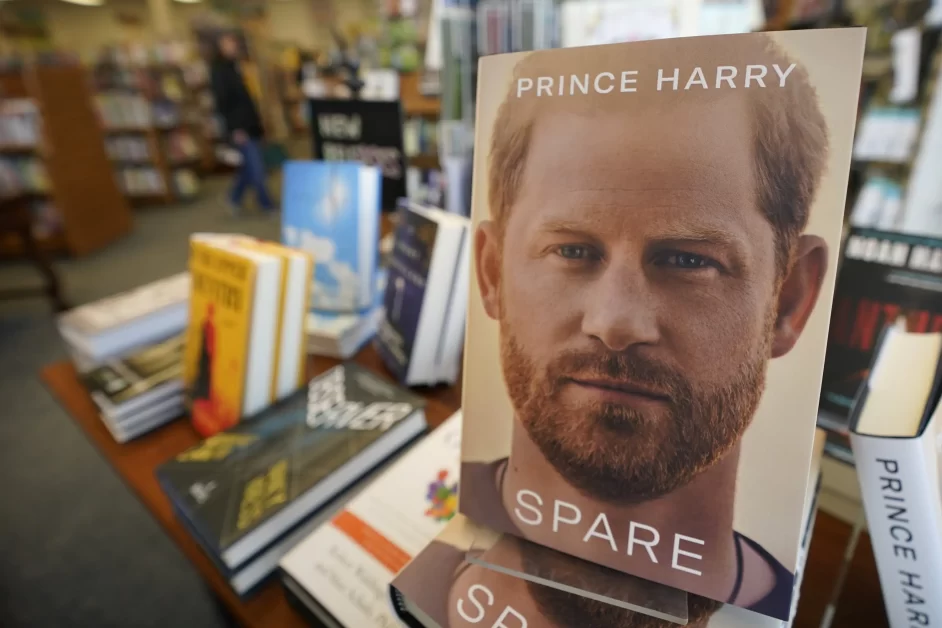Major new trade agreement with India will help to further boost the recovery of Australia’s foreign enrolment – ICEF Monitor
Written by on January 12, 2023
Short on time? Here are the highlights:
- A comprehensive new trade deal between Australia and India includes provisions for international students coming from India
- Indian graduates of Australian institutions will be able to remain in Australia to work for up to four years
- 1,000 Work and Holiday Visas will now be reserved for Indian students every year
- International student applications to Australian education institutions are up significantly over 2019, and Indian applications now outnumber those from Chinese students
- The Australian international education sector’s ongoing post-pandemic recovery highlights the great extent to which in-study and post-study work rights policies can boost a destination’s attractiveness
On 29 December 2022, the governments of Australia and India signed the Australia-India Economic Cooperation and Trade Agreement (ECTA). The deal aims to boost each country’s economic growth through freer trade and close cooperation, and it paves the way for even more student mobility between India and Australia.
Throughout 2022, there were signs that the Australian and Indian governments were working to align economic and education systems in a way that would allow for a smoother flow of goods, services, and people. Last March, for example, the Australian and Indian governments established a taskforce to establish a framework for the mutual recognition of higher education qualifications. Now, with ECTA, the Australian government is adding extended post-study work rights to the list of reasons that Indian students should consider Australia as a study abroad destination.
A growing segment and a massive opportunity
Indian students contributed more than AUS$6.4 billion to the Australian economy in 2019, pre-COVID, and they represent the second largest international student market for Australia, after China. The Indian share of Australia’s total international student population is rising, moving from 15.2% of the total in 2019 to 16.3% in 2022.
From 2020/21 to mid-2022 (31 August 2022), there was an 18% increase in the number of Indian students in Australia – from 47,030 to 55,520. The Australian Financial Review reports that Indian students are now submitting more applications for Australian visas than Chinese students are, and new in-study and post-study work opportunities in Australia are part of what’s driving the trend.
In a statement about the ECTA trade deal, Dan Tehan, Australian Minister for Trade, Tourism and Investment said the education sector “held the greatest promise for Australia’s trading relationship with India”:
“One million Indians turn 18 every month, so there is a huge and growing demand for a high-quality education. As a world-class education provider, Australia well placed to partner with India across secondary, university and vocational sectors.”
Post-study work rights extended
Provisions attached to the ECTA will extend the amount of time that Indian students may remain in Australia. Soon, Indian students graduating with a diploma or trade qualification may stay up to 18 months, while bachelor’s and master’s degrees allow students to remain for two and three years, respectively.
Meanwhile, the four-year work rights that will be accorded to Indian students graduating with doctoral degrees as a result of ECTA are more generous than those offered to international post-graduates in Canada (three years), the US (12 months unless the student in in STEM), or UK (three years).
There is also a special allowance for Indian students who graduate with first class honours in a bachelor’s degree in STEM or Information and Communications Technology (ICT) fields. Those students will be permitted to stay and work in Australia for up to three years.
International students from all countries – not just India – received news last year that international graduates with Australian degrees linked to skills shortages in the Australian economy will be eligible for longer work rights periods. The specific degrees that qualify students for longer work right terms have not yet been announced, but the general idea is that:
- Select bachelor’s degrees will provide international students with a four-year post-study work permission – up from the current limit of two years.
- Select master’s degrees will now afford students up to five years of work experience after graduation – up from the current limit of three years.
- And graduates of select PhD degrees will be able to work for up to six years – up from the current limit of four years.
New access to the Work and Holiday Visa programme
Australia’s popular Work and Holiday Visa programme (subclass 462) will open – over the course of the next couple of years – to Indian students under the terms of ECTA. A total of 1,000 visas per year will be reserved for Indian students in this category, allowing recipients to study or receive training in Australia for up to four months.
Paving the way to new immigration opportunities?
While longer post-study work rights periods are generally welcomed by international students, Phil Honeywood, CEO of the International Education Association of Australia (IEAA) and convenor of the Council for International Education, says that they should be accompanied by complementary immigration opportunities. He explains,
“If [international students] get to be coming here for almost a decade, say, by the time they complete their four years of study plus a six-year post-study work rights visa, then that’s ten years of their life for a young age. So, we should be looking at migration pathways for them.”
Indian post-graduate student Tejwinder Singh Chawla, who is studying engineering in Sydney, shared his own experience and perspective on the issue with SBS Punjabi:
“While the arrangements, when they come into force, will allow students to stay and work here for longer periods, it also takes a lot of years from their lives which they can otherwise utilise towards getting permanent residency. For instance, I spent four years in India to complete my bachelor’s degree, and then another three years for the completion of my master’s degree in Sydney. So, if I end up staying here for another three years as part of the new arrangements, this equates to nearly six years of my life down under, but only as a temporary migrant.”
We can expect to see a higher level of Indian student mobility to Australia in the next few years as a result of ECTA – an important development for Australian educators as the Chinese outbound market slows and/or streams mainly into in elite universities. Indian students tend to choose a wider variety of institutions and types of qualification than Chinese students do.
Clear signs of a rebound
The Australian Financial Review reports that international student applications to study in Australia “are 40% higher than in 2019 – the most successful year on record” – an event that “was not forecast by most education insiders.”
For additional background please see:
watch avatar the way of water full movie
watch avatar the way of water full movie
watch avatar the way of water full movie






